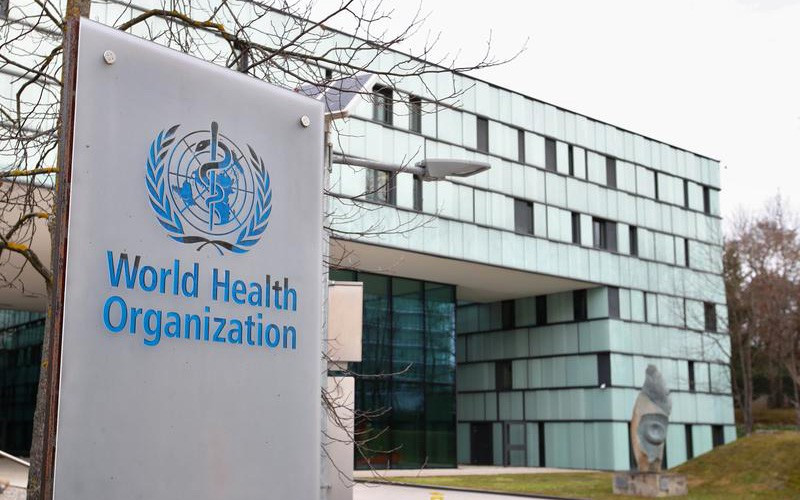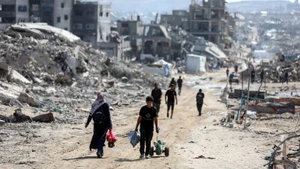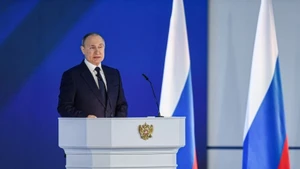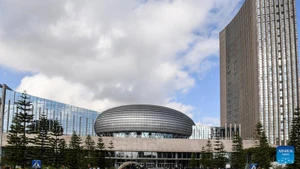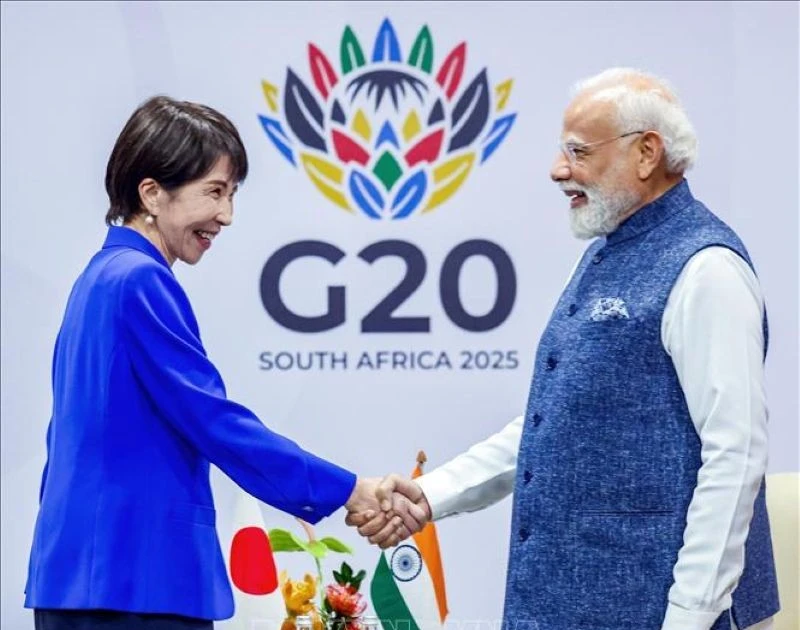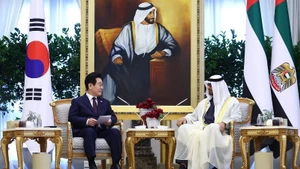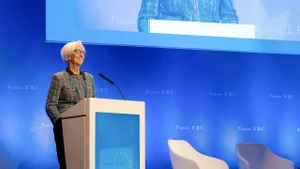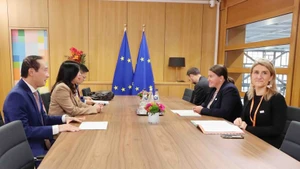The budget package worth 6.83 billion USD for the next two years was approved by key members with absolute support, at the 76th World Health Assembly (WHA) annual session, which is taking place in Switzerland. The countries also agreed to increase the mandatory membership fee rate by 20% for 194 member countries.
Valuing this as a historic decision, WHO Director-General Tedros Adhanom Ghebreyesus emphasised, that this important milestone is the basis for building an increasingly strong WHO.
The budget was proposed initially at the annual WHA meeting last year when all member states agreed to increase the non-member share of the WHO's operating budget.
The countries also agreed to increase the mandatory membership fee rate by 20% for 194 member countries.
Accordingly, during the 2024-2025 and 2030-2031periods, the total fees contributed by member countries will account for 20% and 50% of the annual budget, respectively, thereby creating conditions for this organisation to develop a more stable and flexible operating fund.
The WHO’s head affirmed that with a sustainable budget, the WHO can focus on implementing health projects or dealing with an outbreak of a disease, instead of wasting time on fundraising for activities.
Duirng the 2024-2025 and 2030-2031periods, the total fees contributed by member countries will account for 20% and 50% of the annual budget, respectively, thereby creating conditions for this organisation to develop a more stable and flexible operating fund.
Over 75 years of its establishment and development, the WHO has achieved many important victories and gradually affirmed its central role in solving global health challenges.
Speaking at the opening of the 76th World Health Assembly (WHA), Director-General Ghebreyesus stressed, that since the WHO’s formation, people's health has been significantly improved. Global life expectancy increased by 50%, while infant mortality decreased by 60% and smallpox was wiped out.
During the three-year outbreak of the COVID-19 pandemic, the WHO has stood shoulder to shoulder with countries to overcome the most turbulent times, through its efforts to strengthen international cooperation, support countries to strengthen their health systems, and promote equitable, equal and timely access to vaccines against COVID-19, on a global scale.
In addition, the WHO is promoting the negotiation and signing of a new international agreement to build a safety shield, to protect people's health against future diseases.
However, the WHO is also facing overcrowding due to increasing global health challenges in both frequency and magnitude.
In particular, as of March this year, this multilateral health organisation had to respond to 53 high-level emergencies, including cholera, COVID-19, and the Marburg outbreak in Equatorial Guinea and Tanzania.
In addition, natural disasters such as earthquakes in Türkiye and Syria, as well as floods in Pakistan entailed serious medical consequences.
Chair of the Independent Oversight and Advisory Committee for the WHO Health Emergencies Programme (IOAC) Walid Ammar affirmed, when the world faced many emergencies at the same time, the shortage of WHO financial and human resources became more and more obvious.
Currently, the WHO's operating funding comes mainly from two sources, including fixed contributions and voluntary contributions. The fixed contribution is a membership fee contributed by 194 countries at different rates, depending on each country’s financial capacity and population. This is an important financial source thanks to its stability and flexibility. However, less than 20% of the WHO's budget has come from this revenue in recent times.
Meanwhile, most of the remaining budget comes from voluntary contributions from countries, international organisations and private foundations. Despite being important, these voluntary contributions are volatile and have been disbursed at the donor's specific request.
Analysts said that financial instability is one of the reasons why WHO's operations are not effective and inflexible in response to unusual crises, such as the COVID-19 pandemic and some other medical emergencies. Thus, a sustained increase in contributions from member states will help the WHO address a budgetary challenge that has lasted for many decades.
